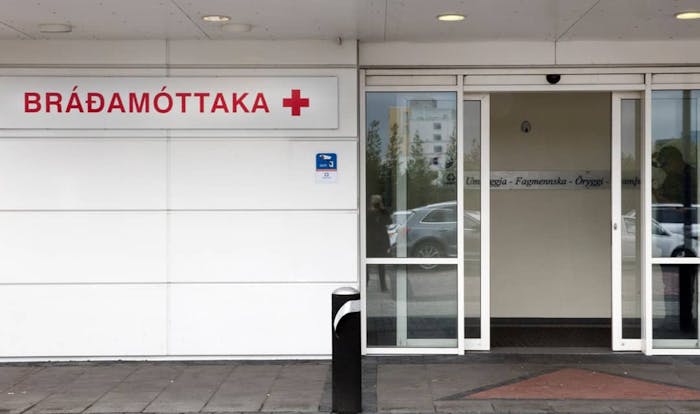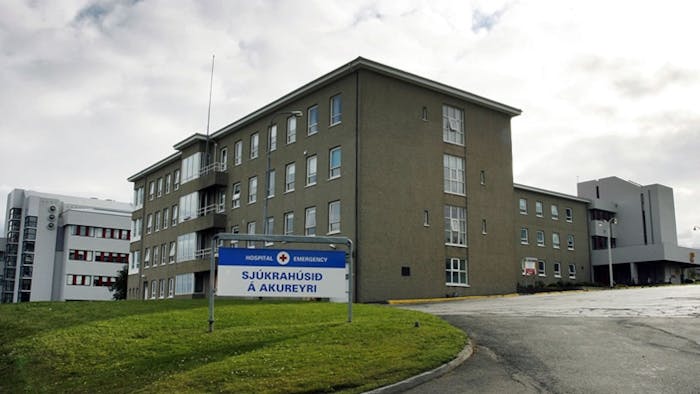Why go to the emergency room?
Support, examination, and treatment
The staff works with you to evaluate what services you need and want. Some of the available services are:
- An interview with a nurse in the emergency department.
- A medical examination and treatment based on your needs.
- A referral to a crisis team that helps you work through the emotional trauma.
- A forensic examination. That means collecting data that can become evidence. Evidence is information that can be used in investigations and in court.
Things to know about the examination
The first 72 hours after the offence is committed are very important. That’s the best time for the police to collect data. The data are then used if you decide to press charges. They can be used in court to support your case, for example.
The data can be:
- Biological samples. That means material from people that can provide biological information about them.
- Data from the place where the offence was committed.
- Clothing, contraceptive devices, period products and other things related to the incident. These are all data that can be useful to the police in their investigation.
- Information about witnesses
Notifying child protection services (barnavernd)
If you go to the emergency room for victims of sexual abuse, the staff there is required to let Child Protection Services (Barnavernd) know that you have experienced sexual abuse.
Pressing charges at the ER
You can press criminal charges for the offence right away at the emergency room. In that case, you ask for police to come to the emergency room. You can also ask police to take you to the emergency room.





